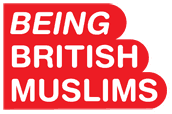The trouble with “Islamophobia” 20 years on
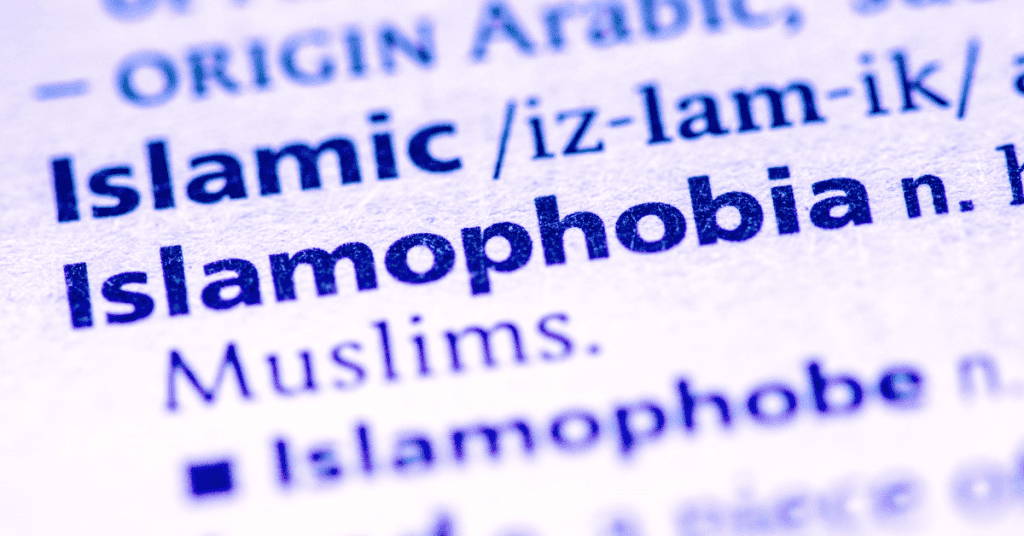
Note: This article was first published on the blog site islamicate.co.uk in 2018 and then subsequently republished in the book Being British Muslims in 2019. Over the last two decades or so “Islamophobia” has become quite a common word in conversations about the experience of Muslims in the UK and elsewhere in the West. In […]
Salams from Bahrain
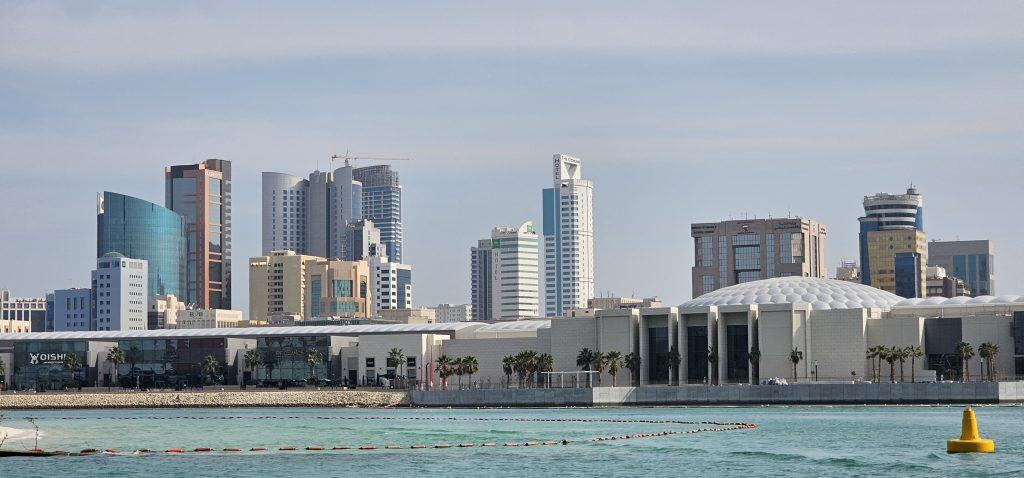
An invitation to a wedding in Bahrain, especially one for my wife’s niece, was always going to be special. And it certainly was. Around 67 family members from the bride’s side descended upon The Meridien, a hotel in central Bahrain, for the 2024 Christmas holiday. We came from all over, New York, Toronto, Pennsylvania, Texas, […]
Salams from Amsterdam
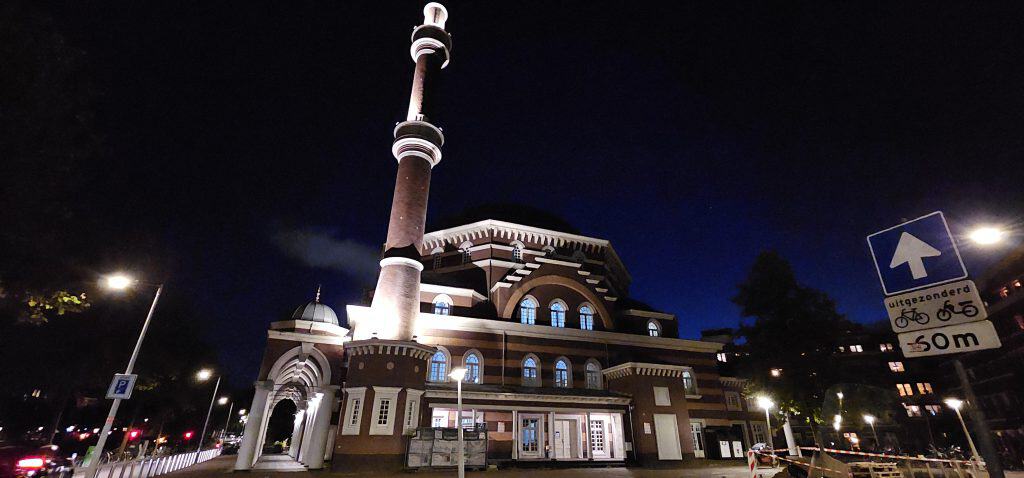
On September 12th, I embarked on a 2-day work trip to IBC 2024 (International Broadcasting Convention), an annual event held in Amsterdam. Originally founded in 1967 and hosted in London for many years, the convention now takes place at Amsterdam’s RAI convention centre. Initially, I planned to spend just a day at the event, flying […]
Far-right hate and the question of “Muslimness”
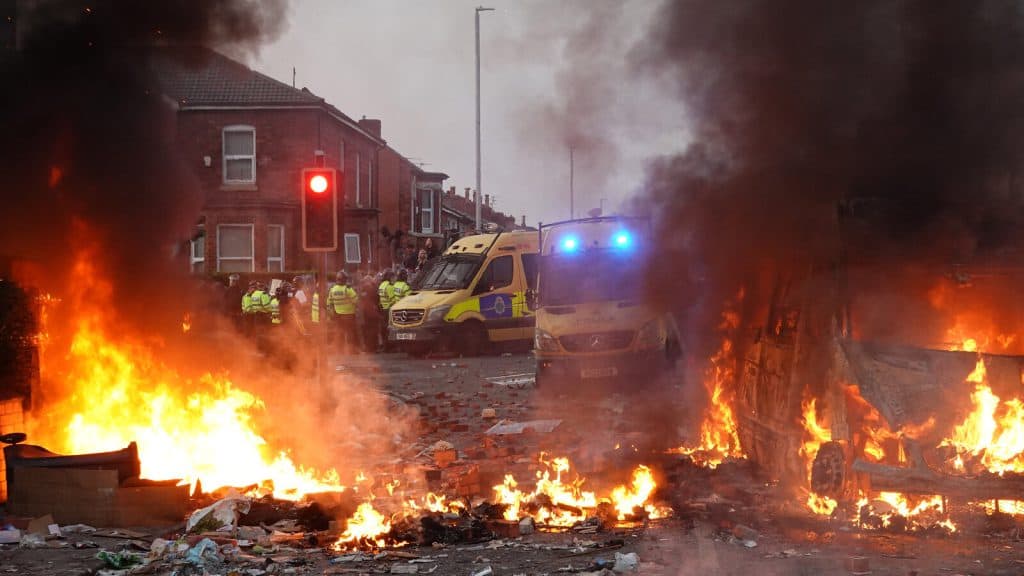
Many of us have been alarmed by the violent thuggery shown by far-right groups and individuals over the last week in towns and cities across the UK. The trigger was the completely fabricated disinformation about the stabbing suspect of the brutal murder and attack on children at a dance club in Southport. As it turned […]
British Muslims: Now is the time to build allies, not punish Labour

Ever since I’ve been voting, my guiding principle has been to support the party that demonstrates the most ability to offer effective leadership and a policy agenda conducive to a fair, pragmatic, and productive society that I want to live in, and one that strikes a good balance between individual and collective responsibility. This has […]
Salams from Cairo
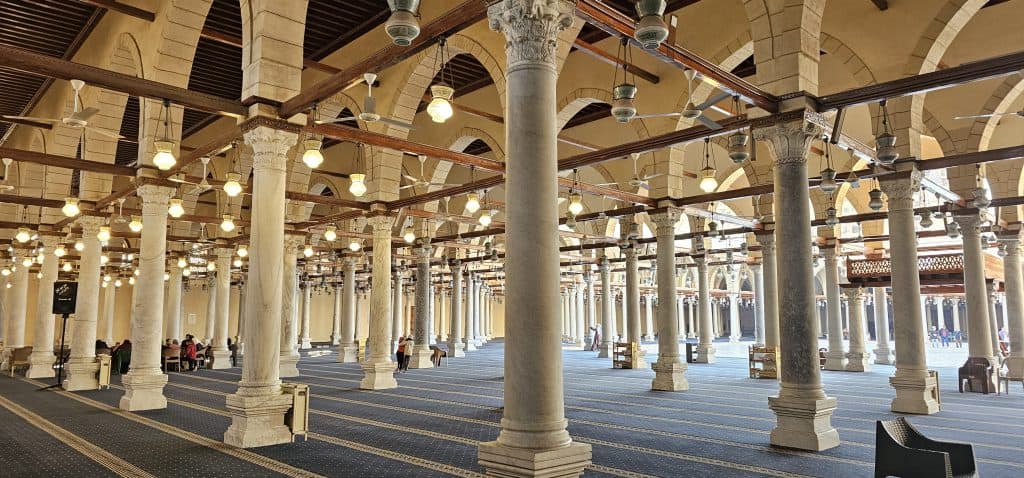
What started as a tentative proposal by my wife to go on a girl’s trip to see the pyramids, turned out to be a full-blown 7-night-stay family rihla (travels) to Egypt. A convoy of 10 of us, which included my mum (aged 70), my wife’s parents and her sister set off on a tour of […]
British Muslims welcome ban on Hizb ut-Tahrir (HT), but it’s 20 years late

In Luton, there was a twenty year period from the mid-1990s to the mid-2010s when strolling through the Bury Park shopping area on a Saturday afternoon or attending Friday prayers at any mosque meant inevitably encountering the now-prohibited group known as Hizb ut-Tahrir, or simply “HT.” They proved to be a troubling presence for nearly […]
The reductive nature of the Israel-Palestine conflict – a balanced Muslim perspective
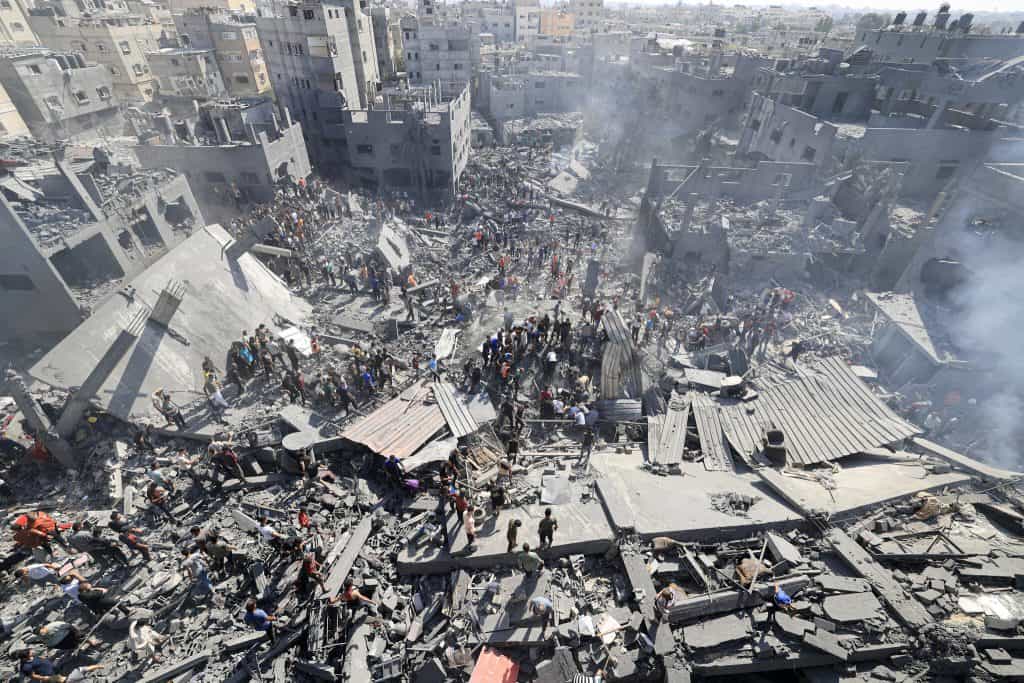
The conflict between Israel and Palestine is longstanding. It is one where history with its unresolved lacerating impacts today manifests in a tumultuous fury of emotion, hurt, religion, anger, tribalism, occupation, terrorism, geopolitics, apartheid, contestation of rights to defence and self-determination, international law, humanitarianism, and so on. Often it is a challenging conflict to talk […]
Vision Setting in Ramadan
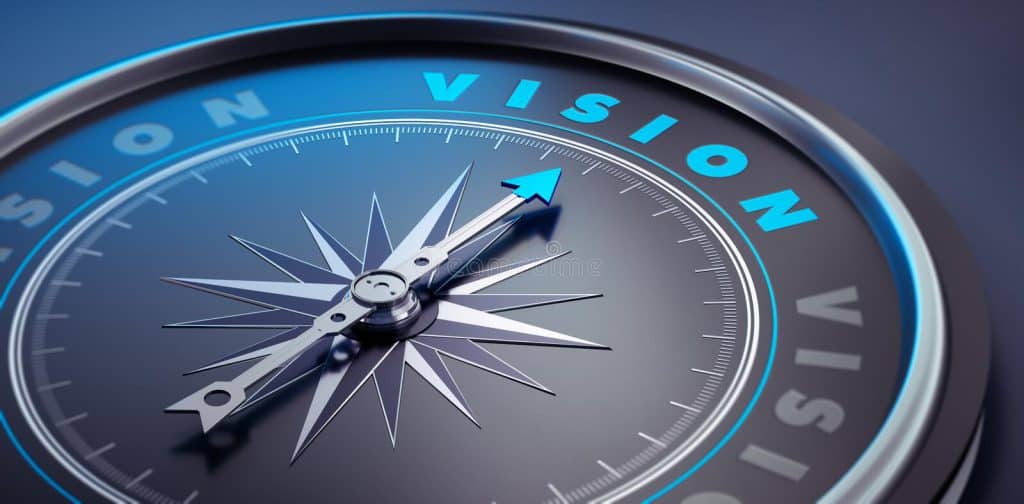
Entering the last ten days of Ramadan, by now most of us will have become well-tuned to the daily fasting cycle. For some, perhaps this year is the first time they’re not able to fast due to ill health or old age. For others, perhaps, it is another year of fasting thinking about what more […]
Black or White – we’re all children of Adam
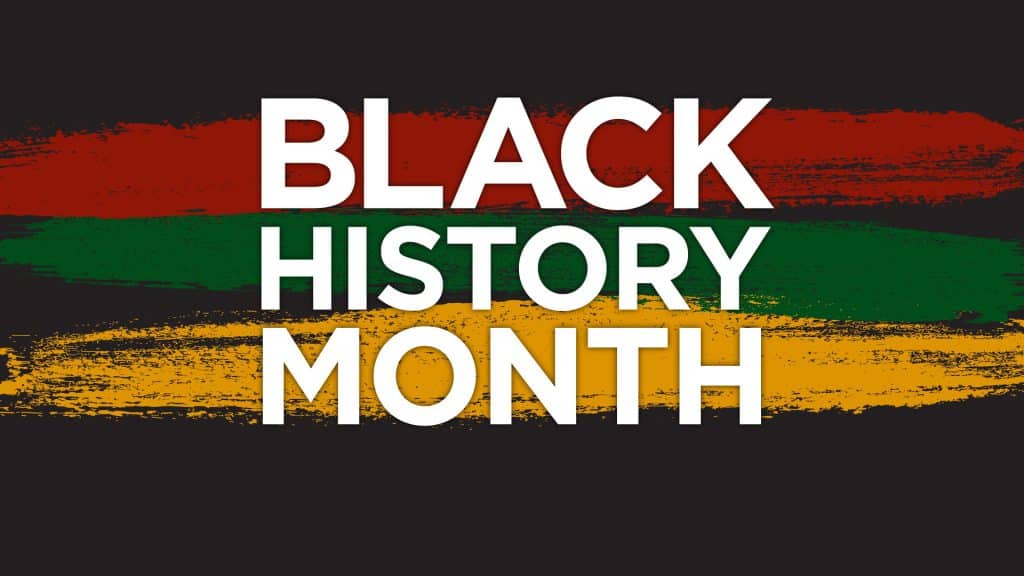
Black History Month always reminds me of, perhaps, the most important of guiding principles of human development: that the overarching basis of our interactions with one another must be upon mutual recognition and respect as fellow human beings, not based on things like the colour of our skin. Lest we forget, all human beings are […]
